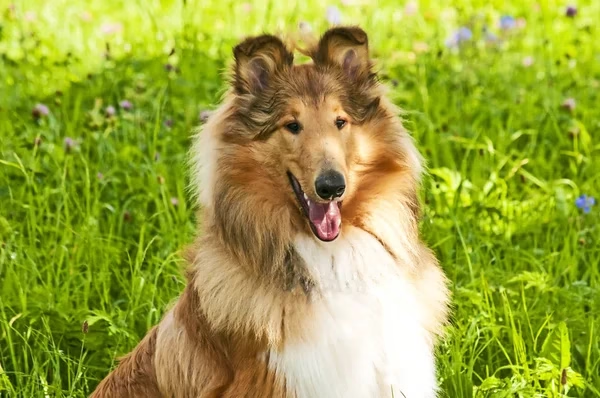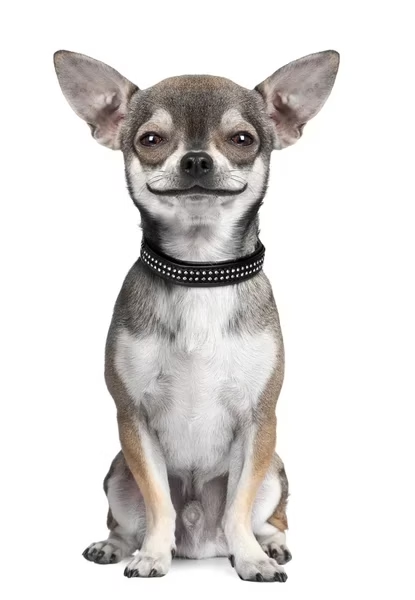Introduction: Meet the Bichon Frise

The Bichon Frise is a small, affectionate breed known for its fluffy white coat and joyful demeanor. Originating from the Mediterranean, this breed has charmed families worldwide with its playful nature and adaptability.
Breed Overview: Quick Facts
| Trait | Description |
|---|---|
| Origin | Mediterranean Region |
| Group | Non-Sporting |
| Height | 9.5–11.5 inches (24–29 cm) |
| Weight | 12–18 lbs (5.4–8.2 kg) |
| Lifespan | 14–15 years |
| Coat | Curly, dense, white |
| Colors | Pure white |
| Energy Level | Moderate |
| Trainability | High |
| Good with Kids | Yes |
Bichon Frise’s History and Origins
The Bichon Frise’s lineage traces back to the Mediterranean, where it was favored by sailors and nobility alike. Its cheerful disposition made it a popular companion in European courts, especially in France and Spain. Over time, the breed became known for its performances in circuses and as a beloved family pet.
Appearance and Coat
Sporting a plush, curly white coat, the Bichon Frise resembles a living cotton ball. Its dark eyes and black nose contrast beautifully against its snowy fur. Regular grooming is essential to maintain its distinctive look and prevent matting.
Temperament and Personality
Bichon Frises are known for their friendly and affectionate nature. They thrive on human interaction and are often described as cheerful and playful. Their sociable demeanor makes them excellent companions for families, seniors, and singles alike.
Is the Bichon Frise Right for You?
Ideal for apartment dwellers and those seeking a low-shedding pet, the Bichon Frise adapts well to various living situations. However, they require regular grooming and thrive on companionship, so they’re best suited for owners who can dedicate time and attention to their care.
Bichon Frise Training and Socialization
Intelligent and eager to please, Bichon Frises respond well to positive reinforcement training methods. Early socialization is crucial to ensure they grow into well-adjusted adults. Consistent training helps curb any tendencies toward excessive barking or separation anxiety.
Grooming and Care
Maintaining the Bichon Frise’s coat requires regular brushing, typically several times a week, and professional grooming every 4–6 weeks. Regular dental care, ear cleaning, and nail trimming are also essential to keep them healthy and comfortable.
Health and Lifespan
Generally healthy, Bichon Frises have a lifespan of 14–15 years. They can be prone to certain conditions like allergies, dental issues, and patellar luxation. Regular veterinary check-ups and a balanced diet can help maintain their well-being.
Exercise and Activity Needs
While not overly energetic, Bichon Frises enjoy daily walks and playtime to stay fit and mentally stimulated. Interactive toys and games can also help keep them engaged and prevent boredom.
Pros and Cons of the Bichon Frise
| Pros | Cons |
|---|---|
| Friendly and affectionate | Requires regular grooming |
| Good with children and pets | Can suffer from separation anxiety |
| Adaptable to various homes | May be prone to certain health issues |
Fun Facts

- The Bichon Frise was a favorite among French royalty, including King Henry III.
- Despite their aristocratic history, they became popular performers in circuses due to their intelligence and charm.
- Their name “Bichon Frise” translates to “curly lap dog” in French.
Final Thoughts
If you’re seeking a cheerful, adaptable, and affectionate companion, the Bichon Frise might be the perfect addition to your family. With proper care, training, and love, this delightful breed will bring joy to your life for years to come.
👉 Explore more breeds in our guide to choosing the right pet for your lifestyle.
👉 Visit the official Bichon Frise page on the AKC website for full breed standards.







